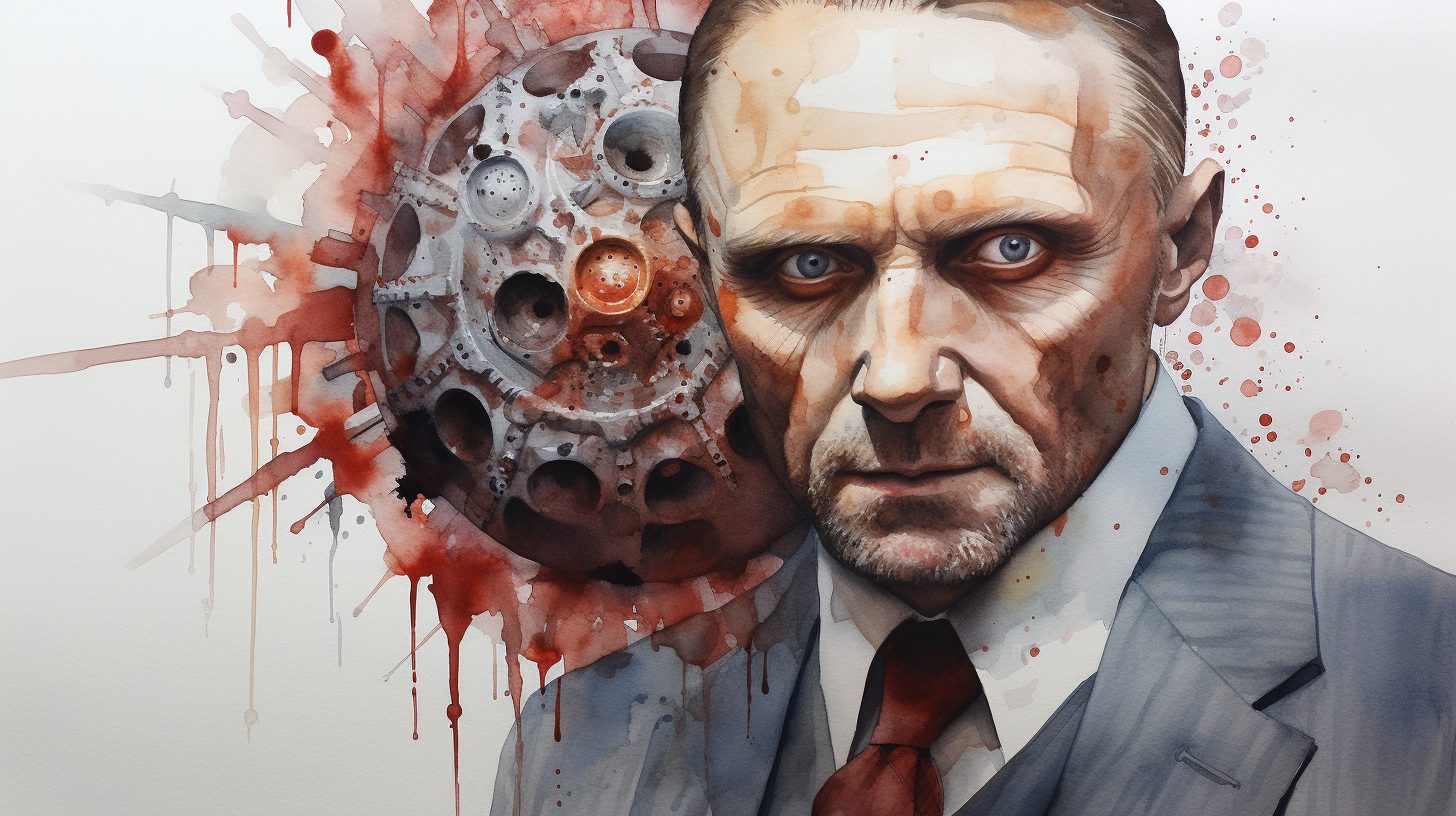Dreaming About Cannibalism: What Does It Mean?
Understanding the Deeper Symbolism of Cannibalism in Dreams
Dreams can be strange, confronting, and sometimes deeply unsettling. One of the more disturbing themes people report is dreaming about cannibalism. Whether you were the one consuming human flesh or witnessed someone else doing it, a dream about cannibalism can be shocking—but it doesn’t necessarily indicate anything sinister. In fact, dreams are symbolic and often reflect the complexities of the subconscious.
In this post, we’ll explore what it might mean if you dreamt of cannibalism, drawing from psychological interpretations, emotional symbolism, and real-world triggers. This article is written for those seeking cannibalism dream meaning, dream interpretation involving cannibalism, or simply trying to understand what this unusual experience might signify.
What Does It Mean to Dream About Cannibalism?
Dreams involving cannibalism rarely reflect literal desires or tendencies. Instead, they are usually metaphors for deeper psychological or emotional states. In symbolic terms, cannibalism in dreams often relates to themes such as:
- Overconsumption
- Power struggles
- Emotional dependence
- Repressed anger or control
- Internal conflict or self-sabotage
The context of the dream—and your emotional response to it—is key to its interpretation.
Symbolic Interpretations of Cannibalism in Dreams
1. Desire for Control or Power
Dreaming of consuming another person may symbolise a subconscious desire to dominate or control someone in your waking life. This doesn’t have to be malicious—it might simply reflect a need to influence a situation or relationship where you feel powerless.
Alternatively, it can suggest that you are absorbing traits from another person, such as their energy, personality, or success. You’re “taking in” what they represent.
2. Emotional Consumption
If you’re the one eating someone else, it may symbolise an emotional hunger—perhaps you’re too dependent on someone else’s emotional support, time, or energy. It might reflect a fear that you’re becoming overly reliant or even draining to others, or vice versa.
On the other hand, witnessing cannibalism may indicate that someone in your life is demanding too much from you, leaving you feeling emotionally “eaten alive”.
3. Repressed Anger or Resentment
Cannibalism in dreams can also represent deep-seated anger or hostility, especially if you feel wronged or betrayed. The violent nature of the act may symbolise intense emotions you haven’t yet dealt with—perhaps a part of you wants to “destroy” something or someone in a symbolic way.
This dream may act as a safe outlet for expressing rage or frustration in your subconscious.
4. Self-Destruction or Internal Conflict
Being the victim of cannibalism—or dreaming that you are eating yourself—can relate to feelings of self-sabotage, guilt, or internal conflict. This is particularly relevant if you’re going through a period of stress or self-doubt.
You may be metaphorically “devouring” your own potential, joy, or identity due to fear, shame, or external pressure.
Psychological and Jungian Perspectives
From a Jungian dream analysis perspective, cannibalism can represent the ego’s consumption of aspects of the self or others. It may be a sign that you’re integrating—or attempting to suppress—elements of your personality (the “shadow self”) that you’ve denied or ignored.
It could also point to a lack of boundaries in a relationship or situation, where you feel that someone is overwhelming your sense of self.
In Freudian terms, the dream may stem from repressed primal urges, frustration, or taboo desires—though modern dream interpretation tends to avoid taking these elements literally.
Context Matters: Other Elements in the Dream
Understanding your cannibalism dream fully requires you to examine other dream elements:
- Who was involved? Was it someone you know, a stranger, or even yourself?
- How did it make you feel? Were you frightened, curious, powerful, ashamed?
- What was the setting? A civilised environment or something more primal or post-apocalyptic?
- Was it consensual or violent? The nature of the act can significantly shift the meaning.
These details can dramatically affect the interpretation. For instance, dreaming of cannibalism in a survival setting might reflect anxiety about current life stressors or pressures, whereas dreaming of calmly consuming someone you know could point to emotional complexities in that relationship.
Cultural and Spiritual Symbolism
Cannibalism has existed in human folklore and mythology for centuries, often symbolising greed, desperation, sacrifice, or taboo. In dreams, these themes may mirror feelings of guilt, shame, or inner conflict about something you’re doing—or avoiding—in real life.
In spiritual terms, cannibalistic dreams might reflect energetic imbalance, particularly if you feel others are “feeding off” your kindness, time, or energy.
Positive Meanings: Transformation and Integration
Although disturbing, cannibalism dreams are not always negative. They can represent personal transformation—absorbing the qualities of others to empower your growth. It might suggest that you’re integrating the strength, wisdom, or resilience of someone else.
Dreams often use shocking imagery to alert you to something important. A cannibalism dream may simply be your subconscious highlighting an area of your life that requires attention, change, or healing.
What to Do After Having a Cannibalism Dream
If you’ve had a cannibalism dream, don’t panic. Instead:
- Reflect on your relationships. Is someone crossing your emotional boundaries?
- Consider any inner conflicts. Are you sabotaging your own success?
- Think about your emotional needs. Are you depending too heavily on others—or are they depending too much on you?
- Journal the dream. Include emotions, people, and symbols to help you better understand its message.
Final Thoughts: Cannibalism Dreams Are Symbolic, Not Literal
Dreaming about cannibalism doesn’t mean you harbour violent or dangerous tendencies. Instead, it often symbolises powerful emotional or psychological processes—conflict, desire, control, or transformation.
While such dreams may feel disturbing, they’re often the subconscious mind’s way of encouraging emotional honesty, reflection, and growth.



